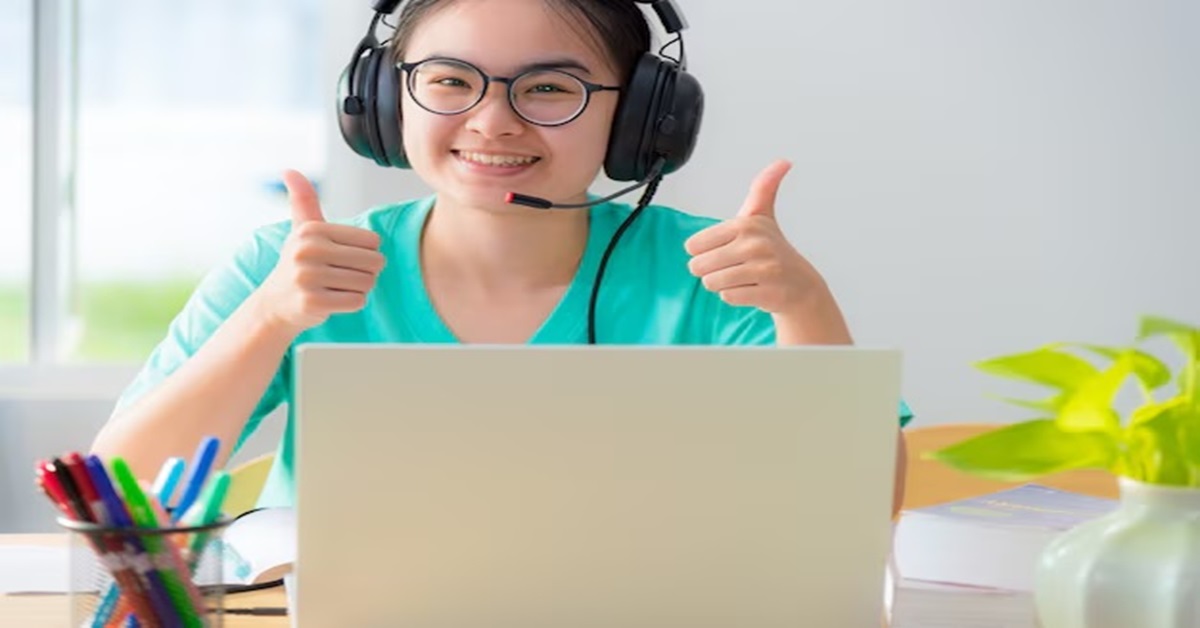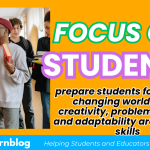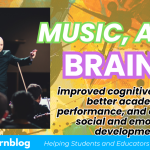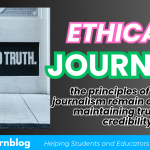In today’s fast-paced world, effective listening is an essential skill for building strong relationships and fostering clear communication. Active listening goes beyond merely hearing words; it involves understanding, interpreting, and responding thoughtfully.
Listening is the active process of receiving, constructing meaning from, and responding to spoken or non-verbal messages. Unlike hearing, which is a passive physiological ability to perceive sound, listening requires focus, understanding, and intentionality. It involves not just hearing words but interpreting their context, tone, and meaning to fully grasp the speaker’s message.

Photo courtesy: Freepik
Effective listening is a fundamental component of communication and plays a crucial role in building relationships, resolving conflicts, and fostering understanding.
Here are some strategies to enhance your listening skills:
- Practice Active Engagement
Active listening begins with undivided attention. Eliminate distractions like phones or background noise and focus fully on the speaker. Maintain eye contact, nod, and use affirmative cues like “I see” or “Go on” to show you are engaged. - Avoid Interruptions
Let the speaker express themselves fully before responding. Interrupting can disrupt their train of thought and signal a lack of interest. Instead, patiently wait for your turn to speak, ensuring the conversation flows naturally. - Clarify and Reflect
To avoid misunderstandings, paraphrase what the speaker has said and ask clarifying questions. For example, say, “So you’re saying that…” This not only shows attentiveness but also reinforces your understanding of their message. - Develop Empathy
Listening with empathy helps you connect emotionally with the speaker. Try to put yourself in their shoes and understand their perspective, even if you don’t necessarily agree. - Improve Non-Verbal Communication
Your body language can convey attentiveness. Lean slightly forward, keep an open posture, and avoid crossing your arms, as these can signal disengagement. - Practice Regularly
Like any skill, listening improves with practice. Engage in conversations with intention and reflect on your performance afterward.

Photo courtesy: Freepik
By mastering these techniques, you can foster deeper connections and navigate personal and professional relationships with greater ease. Good listening is not just a skill—it’s a tool for understanding and collaboration.











